The Nile River has long been the lifeblood of Egypt, a winding ribbon of blue that cuts through the desert and nourishes one of the world’s oldest civilizations. For travelers seeking to immerse themselves in the country’s rich history and breathtaking landscapes, a cruise along the Nile is an unparalleled experience. Unlike the hurried pace of land tours, a river cruise offers a serene journey through time, where ancient temples, bustling villages, and golden sunsets unfold at a leisurely rhythm.
The Allure of a Nile River Cruise
There is something inherently magical about gliding along the Nile’s tranquil waters, watching the world drift by. The river itself is a spectacle—its banks lined with lush palm groves, traditional feluccas sailing past, and the occasional glimpse of farmers tending their fields as they have for millennia. A cruise allows travelers to witness the timeless beauty of rural Egypt, far removed from the chaos of Cairo. The gentle rocking of the boat, the sound of water lapping against the hull, and the ever-present breeze create an atmosphere of relaxation that is hard to replicate on land.
Most Nile cruises operate between Luxor and Aswan, a stretch of the river that boasts some of Egypt’s most iconic archaeological sites. These floating hotels range from luxurious vessels with private balconies and gourmet dining to more modest options that prioritize authenticity over opulence. Regardless of the level of comfort, the real luxury lies in the access these cruises provide—each day brings a new stop at a temple, tomb, or monument that tells a fragment of Egypt’s sprawling history.
Exploring Ancient Wonders
One of the greatest advantages of a Nile cruise is the proximity to legendary sites. In Luxor, travelers can step ashore to explore the sprawling Karnak Temple, a vast complex of sanctuaries, obelisks, and towering columns adorned with hieroglyphs. Just across the river lies the Valley of the Kings, where the tombs of pharaohs like Tutankhamun were carved into the rocky hillsides. The experience of descending into these underground chambers, their walls still vibrant with paintings, is nothing short of awe-inspiring.
Further south, the Temple of Kom Ombo rises dramatically from the riverbank, its dual dedication to the crocodile god Sobek and the falcon god Horus a testament to the complexities of ancient Egyptian religion. At Edfu, the remarkably well-preserved Temple of Horus stands as one of the finest examples of Ptolemaic architecture, its massive pylons and intricate reliefs transporting visitors back to an era of gods and pharaohs. Each of these sites is best explored in the early morning or late afternoon, when the heat is less intense and the crowds thinner—a schedule that aligns perfectly with the rhythm of a cruise.
Life Onboard: A Blend of Comfort and Culture
While the ancient sites are undeniably the highlight, life onboard the cruise ship is an integral part of the experience. Modern vessels are designed to cater to international travelers, offering amenities such as swimming pools, sun decks, and even spas. Yet, they also incorporate elements of Egyptian culture, from the decor to the entertainment. Evenings might feature traditional music and dance performances, including the hypnotic whirling of tanoura dancers or the rhythmic beats of a Nubian drum ensemble.
Dining is another highlight, with chefs preparing a mix of international dishes and local specialties. Meals often include staples like ful medames, koshari, and freshly caught Nile perch, allowing guests to savor the flavors of Egypt while watching the riverbanks slip by. The social atmosphere onboard is another draw—whether sharing stories over dinner or relaxing on the deck with a cocktail, travelers often find themselves forming connections with fellow passengers from around the world.
The Timeless Magic of the Nile
Perhaps the most unforgettable moments of a Nile cruise are the simplest ones: sipping tea on the deck as the sun sets, painting the sky in hues of orange and pink; watching a lone fisherman cast his net from a wooden boat; or waking up to the call to prayer echoing from a riverside village. These small, unscripted experiences capture the essence of Egypt in a way that no museum or guidebook ever could.
For those who have dreamed of walking in the footsteps of pharaohs, a Nile cruise offers more than just a vacation—it’s a journey through history, culture, and the soul of Egypt itself. The river’s timeless flow carries with it the stories of millennia, and for a brief moment, travelers become part of that narrative.

By William Miller/Apr 28, 2025

By Sophia Lewis/Apr 28, 2025
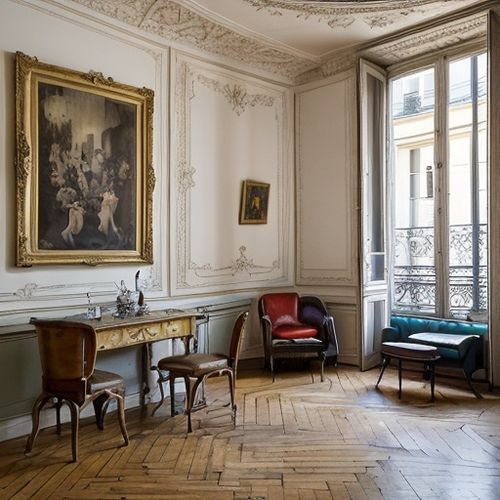
By Megan Clark/Apr 28, 2025
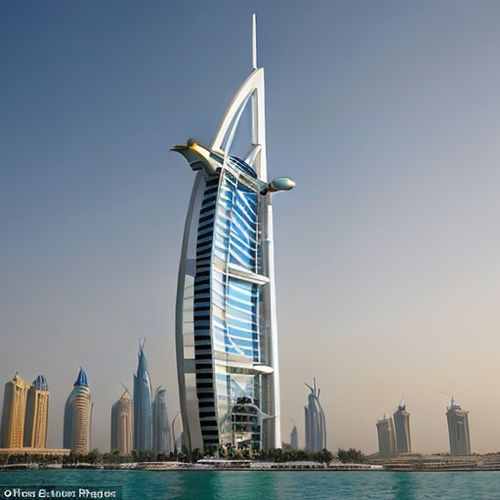
By George Bailey/Apr 28, 2025
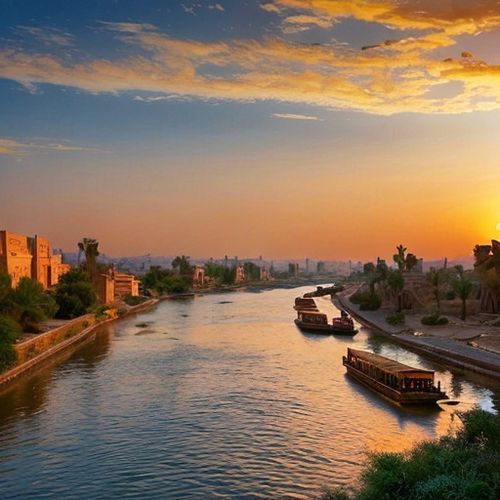
By Ryan Martin/Apr 28, 2025

By Sophia Lewis/Apr 28, 2025

By Laura Wilson/Apr 28, 2025

By Ryan Martin/Apr 28, 2025

By Benjamin Evans/Apr 28, 2025

By Sophia Lewis/Apr 28, 2025

By Rebecca Stewart/Apr 28, 2025

By Sophia Lewis/Apr 28, 2025

By Noah Bell/Apr 28, 2025
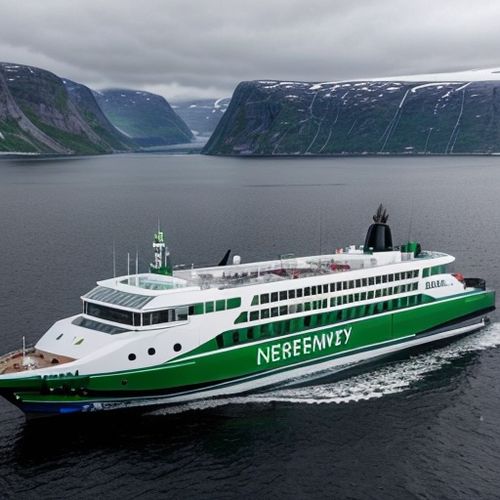
By Laura Wilson/Apr 28, 2025

By Emma Thompson/Apr 28, 2025

By Christopher Harris/Apr 28, 2025
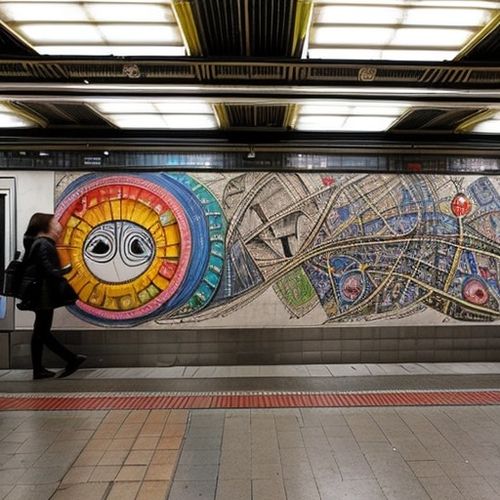
By David Anderson/Apr 28, 2025

By David Anderson/Apr 28, 2025

By Victoria Gonzalez/Apr 28, 2025

By Rebecca Stewart/Apr 28, 2025